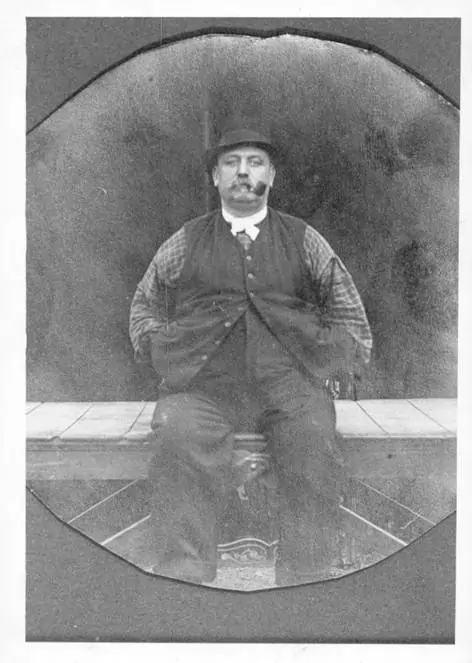
At over six feet tall and 22 stone, Bill Moore must have been an impressive sight! While originally from Wells, he made his way to the north of England with his travelling boxing booth. For a time he set up at Darlington, but at the outbreak of war in 1914, Moore decided to move his show to Catterick Camp. The ‘Tommies’ must have enjoyed what he had to offer. Boxing matches even involved Annie, his daughter and a captive bear which on one occasion escaped onto local moorland. Military Police eventually tracked the animal down, much to the relief of the locals.
Explore more memories from the ribbon
-
Albert Norris
265990 Private Albert Norris served in the Yorkshire Regiment, joining up sometime after January 1915. For his service during the First World War he was awarded the British War Medal and Victory Medal. He was transferred to the Royal Munster Fusiliers and served at the garrison in Cork. Following the war, he ran a Draper’s shop in Tonbridge, Kent. In 1924 He married Myra Donovan. Albert’s step granddaughter is Dame Kelly Holmes, double Olympic Champion.
-
2nd Lt G H Smith
In October 1915 Geoffrey Howard Smith was commissioned as a 2nd Lieutenant in the 5th Battalion from being a member of the ranks of the Inns of Court Officer Training Corps (O.T.C.). At that time he was probably based at the O.T.C. training camp at Berkhamsted Common Hertfordshire. In August 1916 he is listed as wounded in France. He recovers from his wounds but in June 1918 he is listed as missing then confirmed as a prisoner of war in September 1918. Smith remained in captivity until his release and return to England in January 1919. This event is recognised by a letter sent to him from King George V.
-
Bill Moore
At over six feet tall and 22 stone, Bill Moore must have been an impressive sight! While originally from Wells, he made his way to the north of England with his travelling boxing booth. For a time he set up at Darlington, but at the outbreak of war in 1914, Moore decided to move his show to Catterick Camp. The ‘Tommies’ must have enjoyed what he had to offer. Boxing matches even involved Annie, his daughter and a captive bear which on one occasion escaped onto local moorland. Military Police eventually tracked the animal down, much to the relief of the locals.
